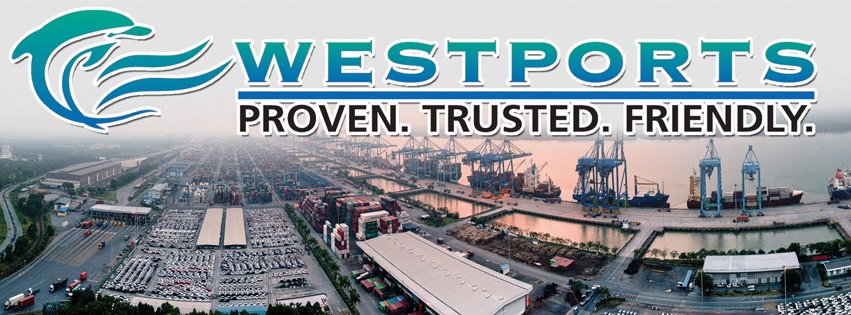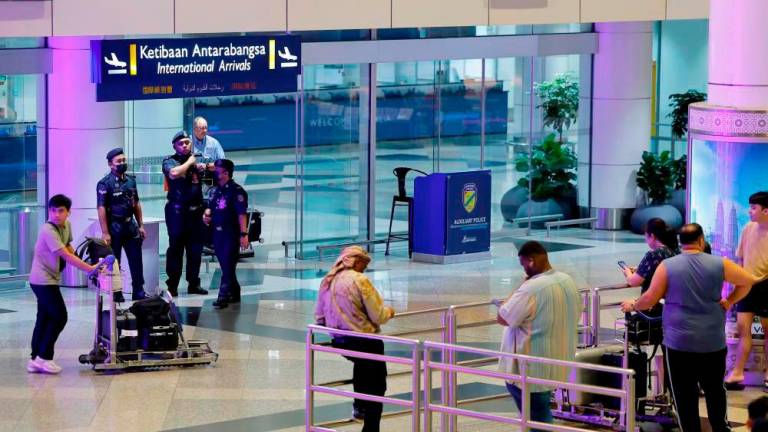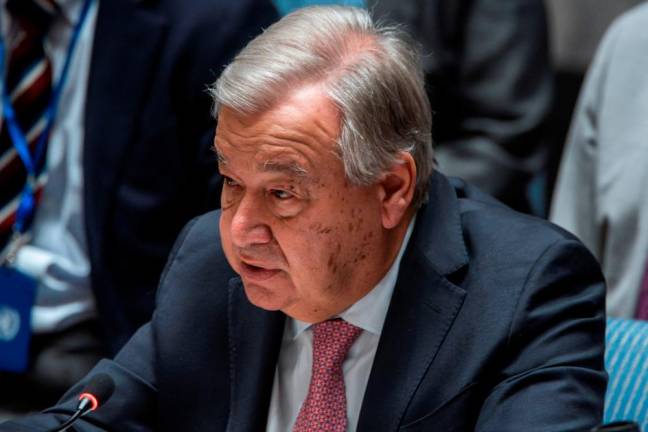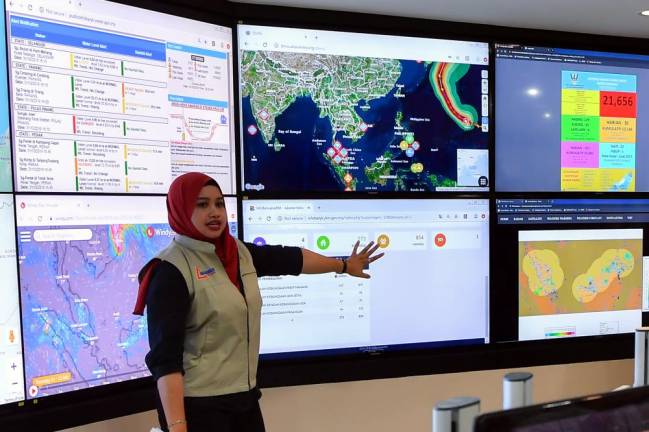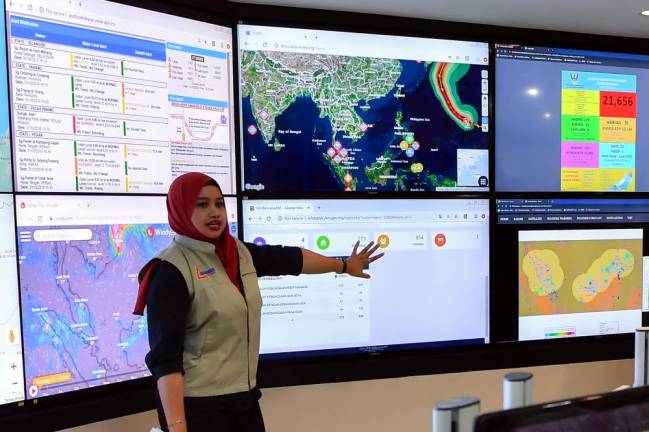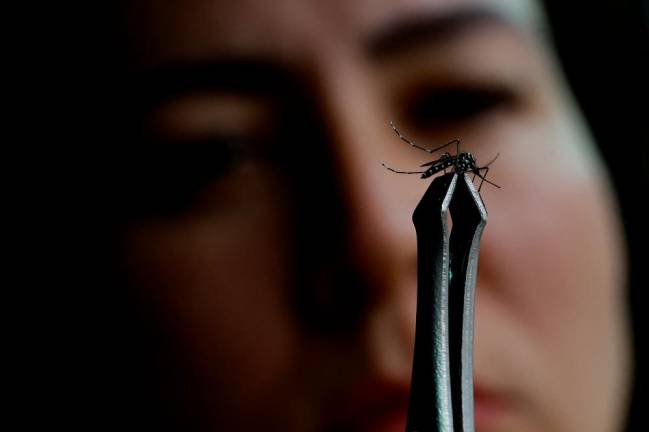PETALING JAYA: Westports Holdings Bhd’s net profit for the first quarter ended March 31, 2020 (Q1) jumped 9% to RM152.81 million from RM139.90 million a year ago mainly contributed by the container tariff hike in March 2019.
Its revenue improved 14% to RM473.47 million compared with RM415.19 million in the previous year’s corresponding quarter partly attributable to construction activities arising from the development work on a new jetty and CT9 container yard Zone Z. Without this, its operational revenue of RM457 million grew 10% year-on-year mainly attributed to the implementation of container tariff hike from March 2019.
Westports handled marginally lower container throughput of 2.52 million twenty-foot equivalent units (TEU) in Q1 with a noticeable reduction in transhipment containers of 8% to 1.58 million TEUs while gateway volume was at 0.94 million TEUs. Despite lower container volume, Westports has invested RM78 million in capital expenditure during the quarter to enhance its container and conventional operations.
Westports group managing director Datuk Ruben Emir Gnanalingam cautioned that although its container volume is only slightly lower in Q1, it expects the major effects of the Covid-19 pandemic to hit the group in April and continue throughout Q2 of 2020.
Malaysia, Singapore, South East Asia, and countries further abroad, from India to the European Union and North America, have various lockdown arrangements or movement restrictions in the Q2 of 2020 that would have severely curtailed economic activities from consumption to investments to production related activities. This reduction in consumption and capital expenditure at this scale is bound have an impact on all ports worldwide.
“While we are hopeful for some recovery in the second half of the year, the company does not expect container throughput to register an overall increase for the year 2020. The severity of the volume contraction would depend on how protracted the Covid-19 pandemic is going to be and how social and economic activities adjust to a post-lockdown world,“ Ruben said in a statement.



